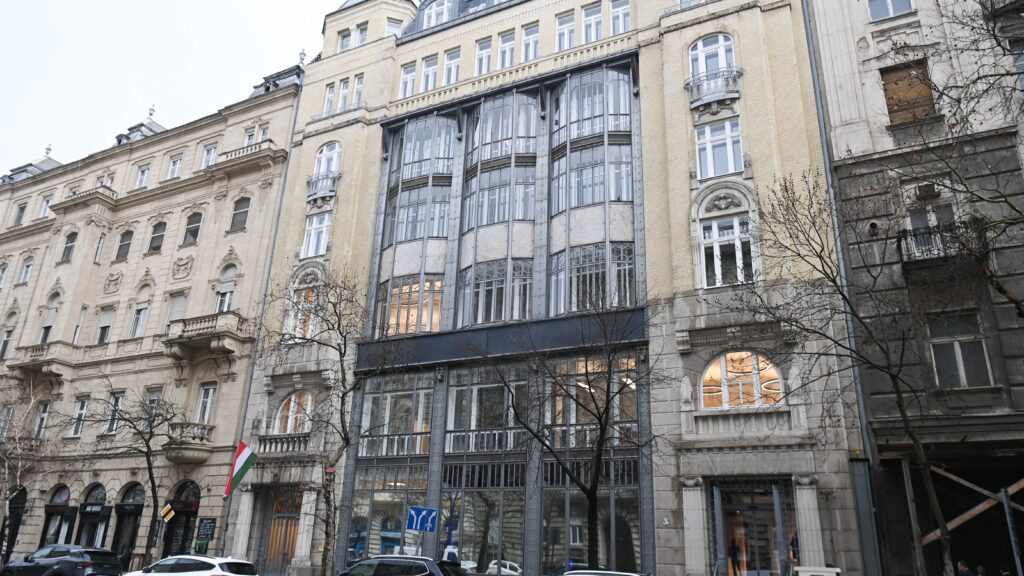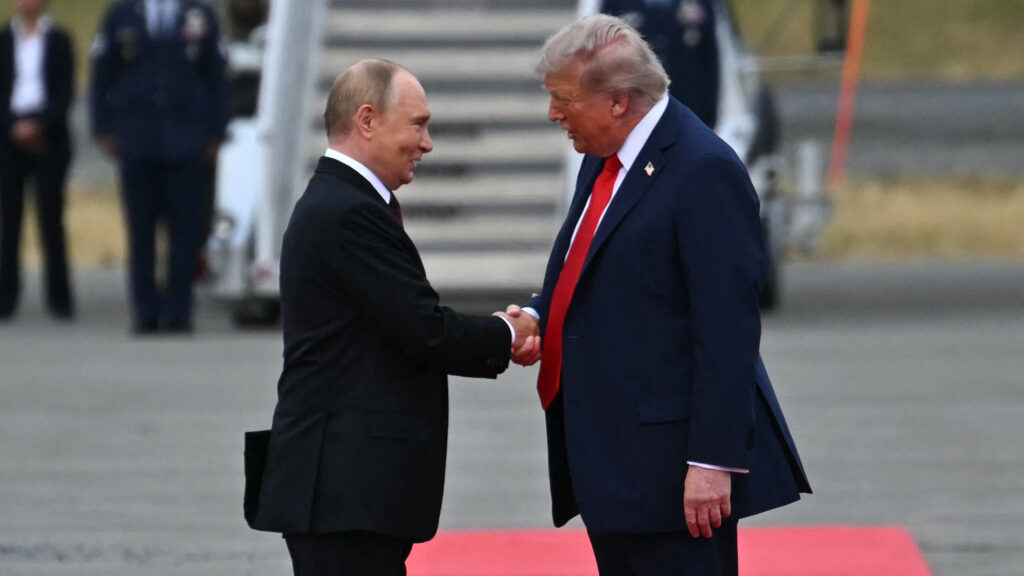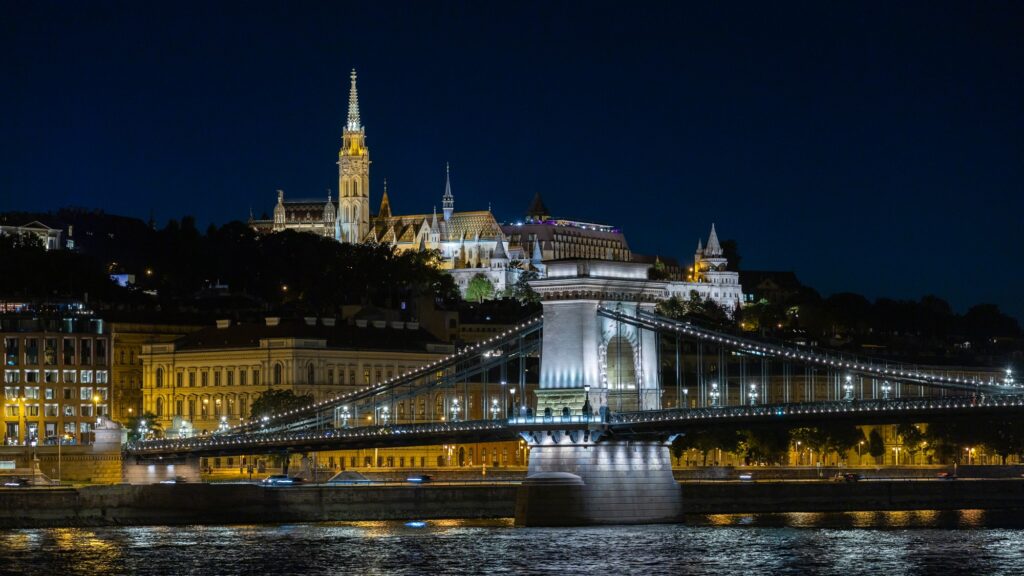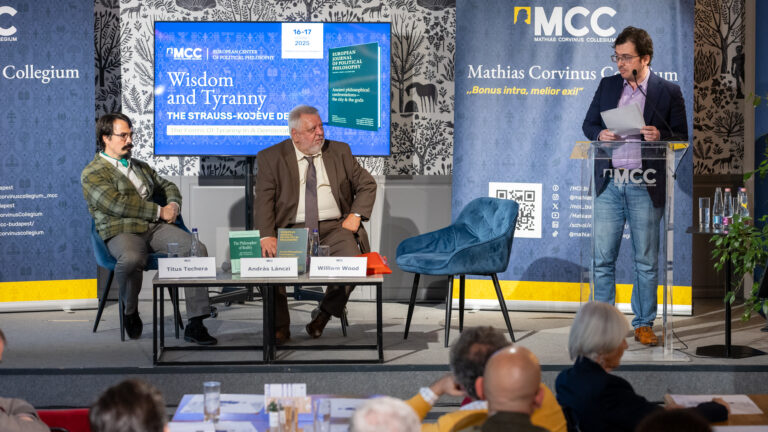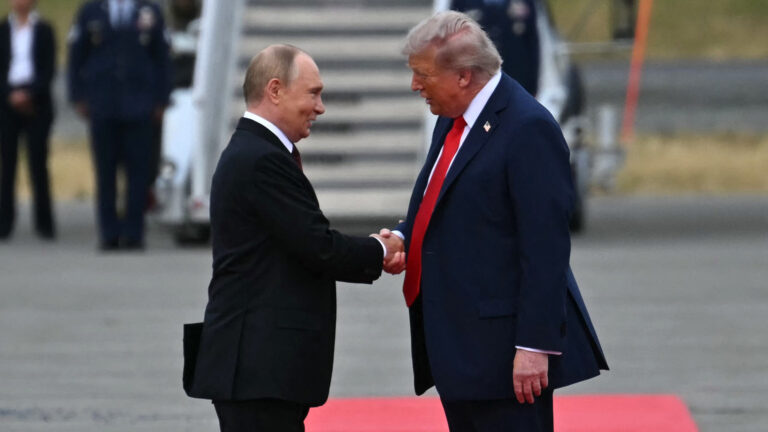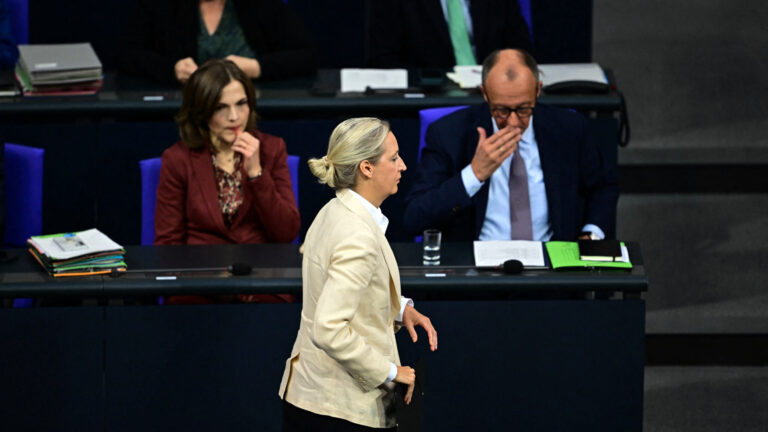In recent weeks, both Hungarian and international media have been abuzz with discussions surrounding Hungarian Prime Minister Viktor Orbán’s peace mission and the reactions it has elicited in Brussels. Last week, Orbán published his assessment and proposals following his talks in Kyiv, Moscow, Beijing, and Mar-a-Lago, which were initially addressed to European Council President Charles Michel.
Balázs Orbán, the political director for the Hungarian Prime Minister, addressed the issue in a lengthy post on X, where he wrote: ‘The winds of change are upon us; it’s time for European leaders to overcome years of war psychosis!’
He wrote that the experience of the Hungarian peace mission and the events of the past weeks have made it clear that
the time for peace negotiations has come.
‘Although both warring parties remain committed to continuing the conflict, they are ready to come to the negotiating table if the international environment is conducive,’ Balázs Orbán stated.
According to the political director, the international community can play a crucial role in steering the process towards negotiations, and it appears this process has already begun. ‘The Vatican openly advocates for peace, the US and Russian defence ministers have communicated by phone, and after a conversation with Volodymyr Zelenskyy, Donald Trump made it clear that if re-elected, he will end the war,’ said Balázs Orbán. Additionally, he noted that although the Russians did not attend the June peace conference in Switzerland, last week saw a meeting between the Swiss and Russian foreign ministers in New York.
‘Something has begun, and Europe must acknowledge it,’ the political director stated. He wrote that EU leaders must finally recognise that public sentiment has shifted. ‘We must take action!’ he concluded.
‼️The winds of change are upon us: it's time for European leaders to overcome years of war psychosis!
— Balázs Orbán (@BalazsOrban_HU) July 20, 2024
The experiences of the Hungarian #peacemission and the events of recent weeks have made it clear that the time for peace negotiations has arrived. Although both warring parties…
Orbán launched his peace mission in early July, during which he held talks with Ukrainian President Volodymyr Zelenskyy, Russian President Vladimir Putin, Chinese President Xi Jinping, Turkish President Recep Tayyip Erdoğan, and former US President Donald Trump, the current Republican presidential candidate, all within the span of a few days. In all instances, the focus of the discussions was on
promoting a peaceful settlement in Ukraine.
The prime minister subsequently published the letter he sent to Charles Michel, President of the European Council, detailing his assessment of the negotiations and his proposals. As we reported, Orbán made the following recommendations to Michel: the EU should initiate high-level political talks with China regarding the modalities for the next peace conference; restore political communication channels between Russia and the EU; and launch a concerted political effort towards the Global South, which has lost its goodwill towards the West due to the latter’s stance on Ukraine.
The peace mission has drawn considerable criticism from Brussels, with Charles Michel, European Commission President Ursula von der Leyen, and EU High Representative for Foreign Affairs and Security Policy Josep Borrell all united in their condemnation of Orbán. Their main criticism is that, in their view, the Hungarian PM participated in these negotiations in his capacity as rotating president of the EU and represented the EU’s position without having been mandated to do so. In contrast, various Hungarian government officials have repeatedly stressed that Orbán has been conducting bilateral negotiations solely in his capacity as Hungarian Prime Minister in recent weeks.
The European Commission, in conjunction with the European Parliament, is considering punitive measures against Hungary because of Orbán’s peace mission, including the withdrawal of Hungary’s EU presidency and its voting rights. Additionally, von der Leyen has instructed her commissioners to boycott informal ministerial meetings of the Hungarian EU presidency.
Read more on PM Orbán’s peace mission:


